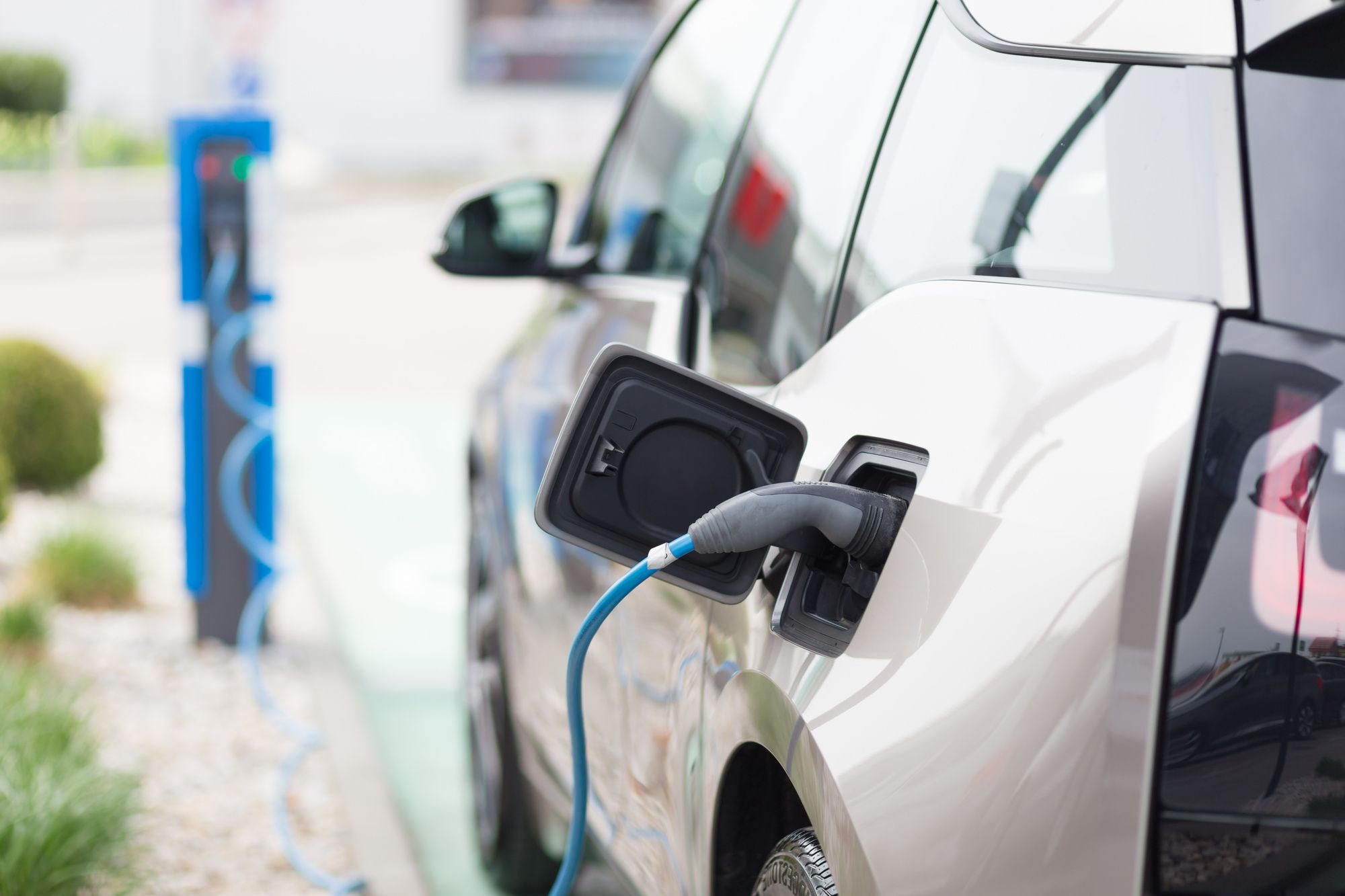The Success of the Electric Vehicle Industry and the Future of Transport Electrification
Improvements in automotive technology and the growth of the electric vehicle (EV) market have introduced a wide range of opportunities for the future of the global energy industry, representing one of the strongest impact strategies aimed at achieving global sustainability goals.


Improvements in automotive technology and the growth of the electric vehicle (EV) market have introduced a wide range of opportunities for the future of the global energy industry, representing one of the strongest impact strategies aimed at achieving global sustainability goals. The electrification of the transportation sector is expected to serve as a prime target for technological developments, with strong gains expected within the coming decades as the success of the EV industry leads to a rise in the development of new technologies and the transition towards a low-carbon global economy.
Examining the success of the EV industry and its wider implications on the energy industry featured the latest insights on the market and its wider implications for the industry as a whole, with Marius Kluge Foss, Senior Vice President of Global Energy Systems at Rystad Energy, stating, “If we look at the development over the last two years in terms of electric vehicles sales, the market has exploded, especially in 2021. We expect that to continue into next year.”
EVs are seen as a key development in the transition toward a low-carbon economy, and as battery costs decline, the demand for lithium iron phosphate batteries is expected to grow by over 110% by the end of 2022, with China maintaining its position as the lead developer of EV batteries in the global market.
Susan Zou, Senior Analyst at Rystad Energy said that in the last year they saw tremendous demand growth in battery materials. China is still at the epicenter of electric vehicles and electric vehicle batteries, holding a dominant position in processing capacities. She also added that any trend in China is having an impact on the global market and, among all battery raw materials, lithium demand is in the spotlight.
Although China has been driving the global rate of EV production and development, other countries, such as Norway, have continued to push toward zero-emission vehicle targets. Revolutionary new technologies, such as EV battery swap innovations, are reducing the cost of EVs, with a multinational automobile manufacturer, NIO Norway, having introduced the first battery swap station to the Scandinavian country in January 2022, with plans to introduce a further 20 facilities throughout the year.
“This is the first power swap station outside China. In Europe, most of our customers still use DC chargers, but in Norway, we want to be part of the battery development,” stated Marius Hayler, General Manager at NIO Norway, adding that, while the demand is very high, the supply chain has restricted growth.
Despite a limited supply of the critical components used to manufacture EV batteries, however, Dennis Nobelius, COO of Swedish automotive brand, Polestar, also noted the surge in demand, stating, “We are working with multiple partners to improve the robustness of supply. And on top of that, we have a multitude of start-ups that we are interacting with.”
Following its strong performance in 2021 despite the ongoing restraints of global chip shortages and the increasing supply costs for battery raw materials, Rystad Energy has projected a global market share increase of 12.8% in 2022, from 10.1% in 2021.
“Last year, we surpassed 50,000 electric cars globally with 50% of all investments over the next four years, about $1.9 billion, slated for investment in electric vehicles,” said Elin Rosnes Sinervo, Director at Audi Norway, concluding, “I believe that all of the transportation will go towards a more sustainable direction.”
Source:
i) Mathew Gooshen ( 2022) The Success of the Electric Vehicle Industry and the Future of Transport Electrification




